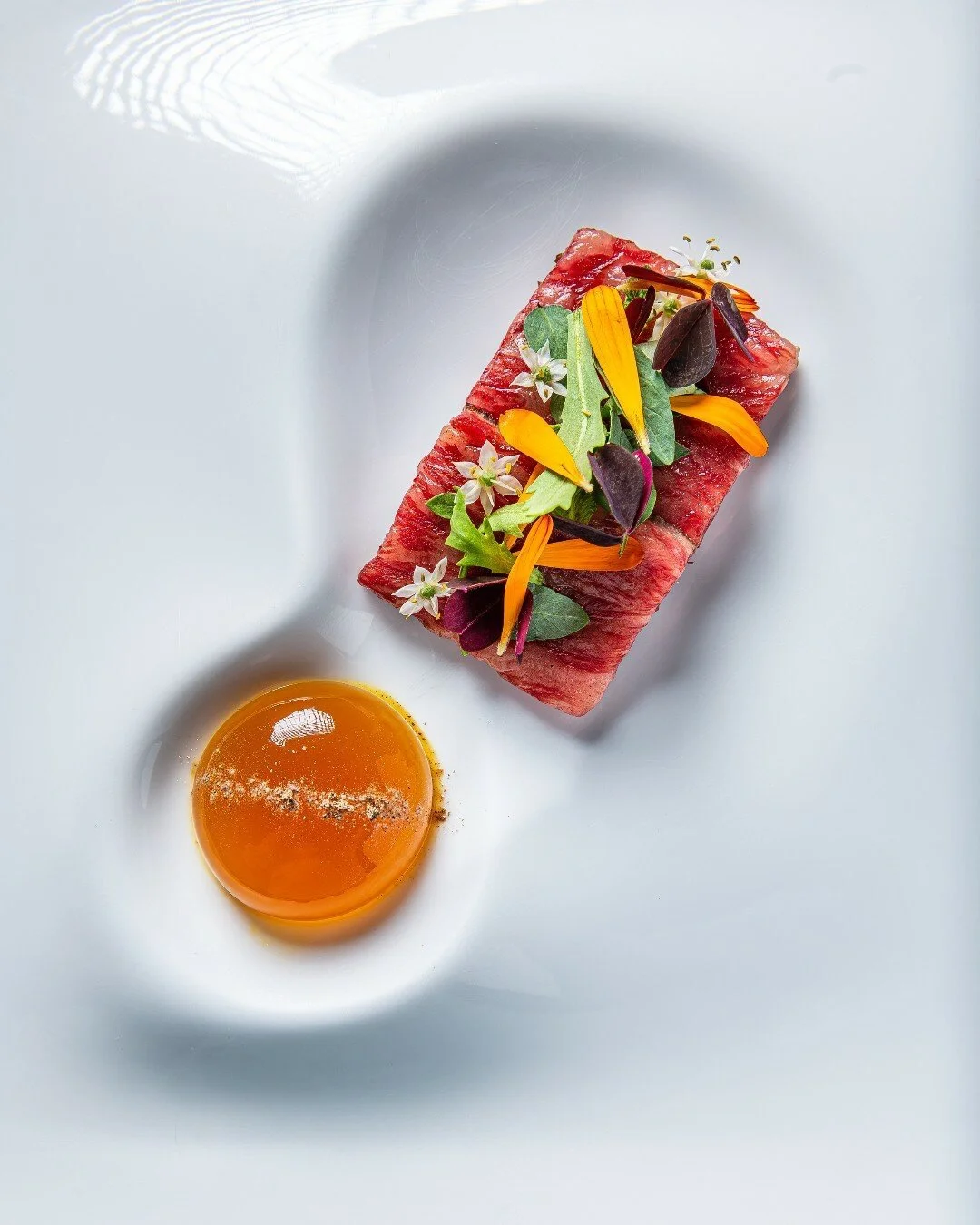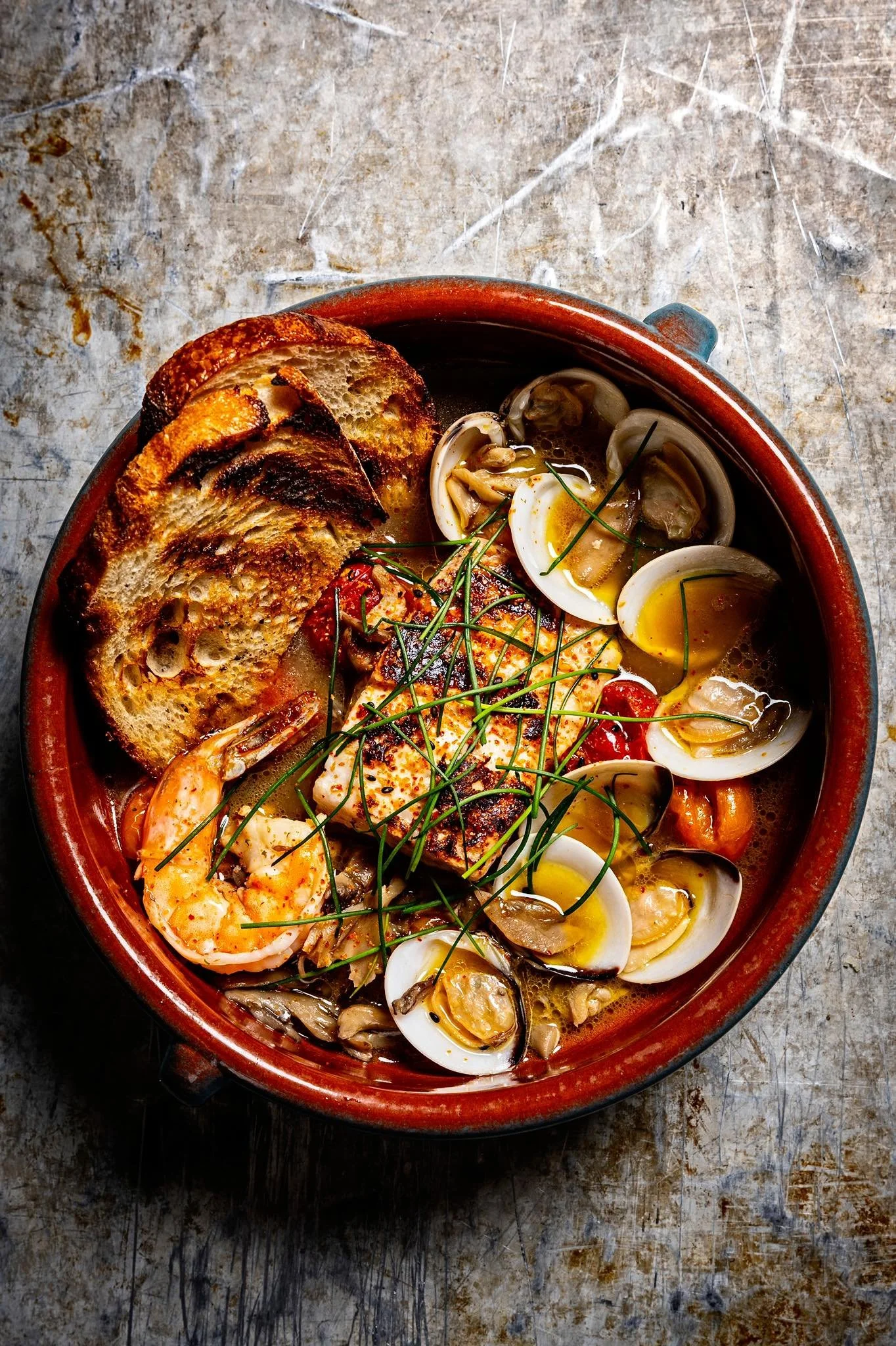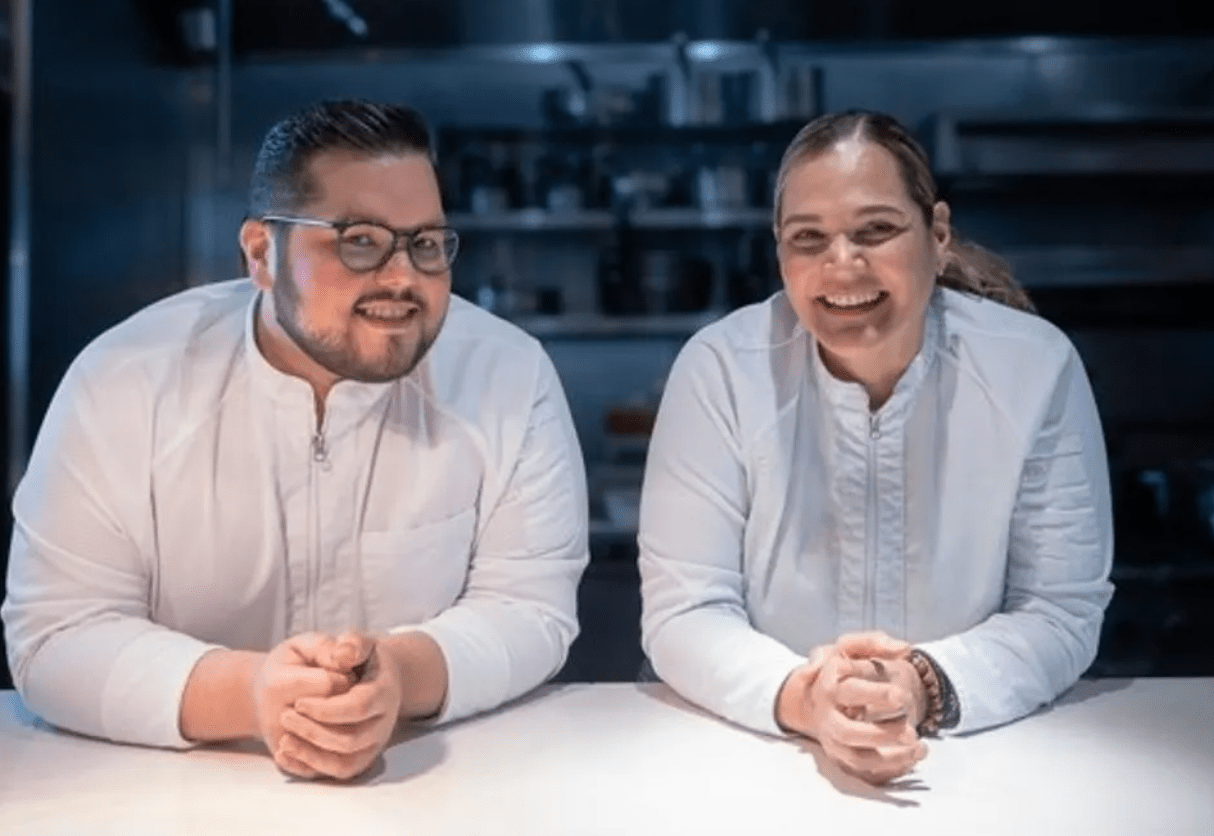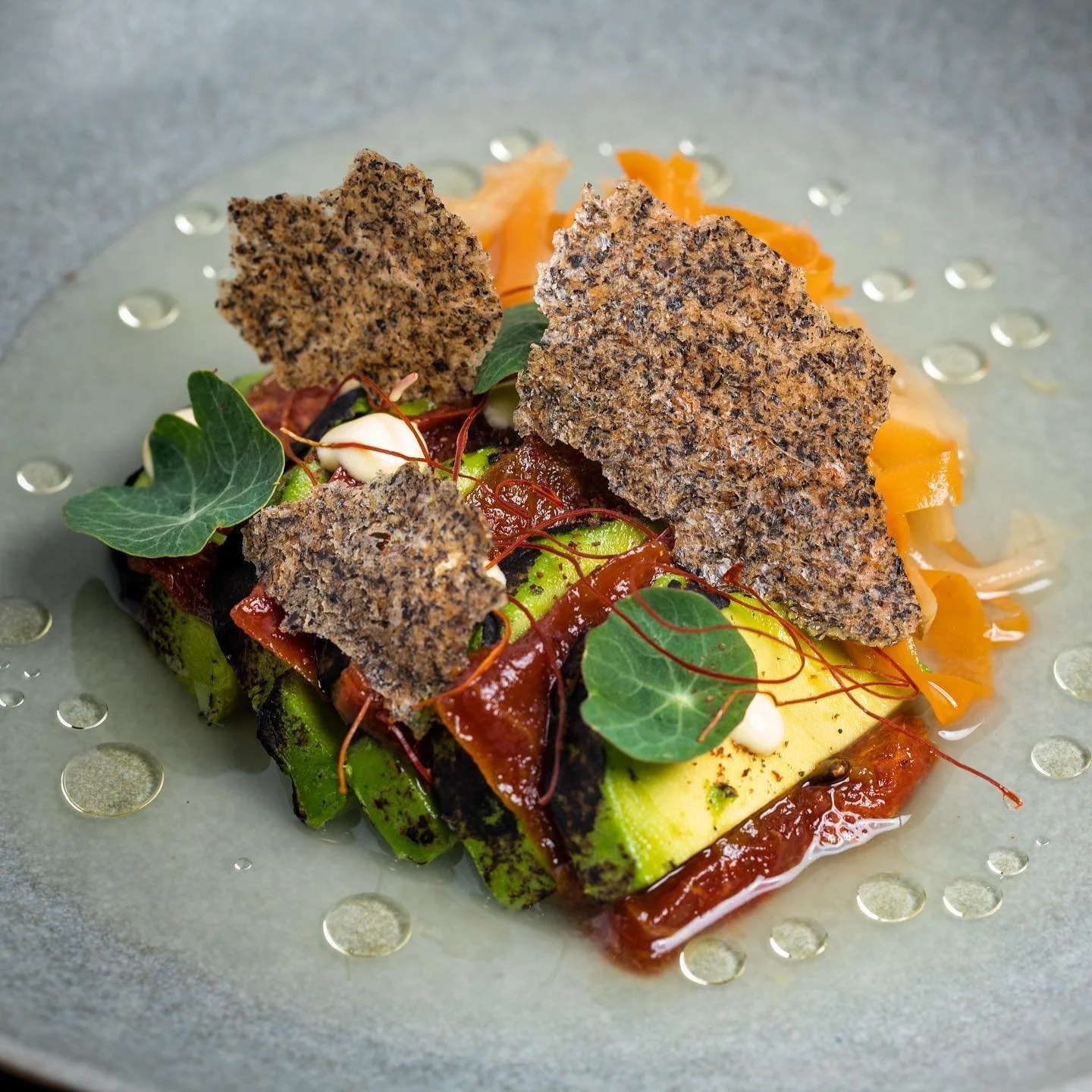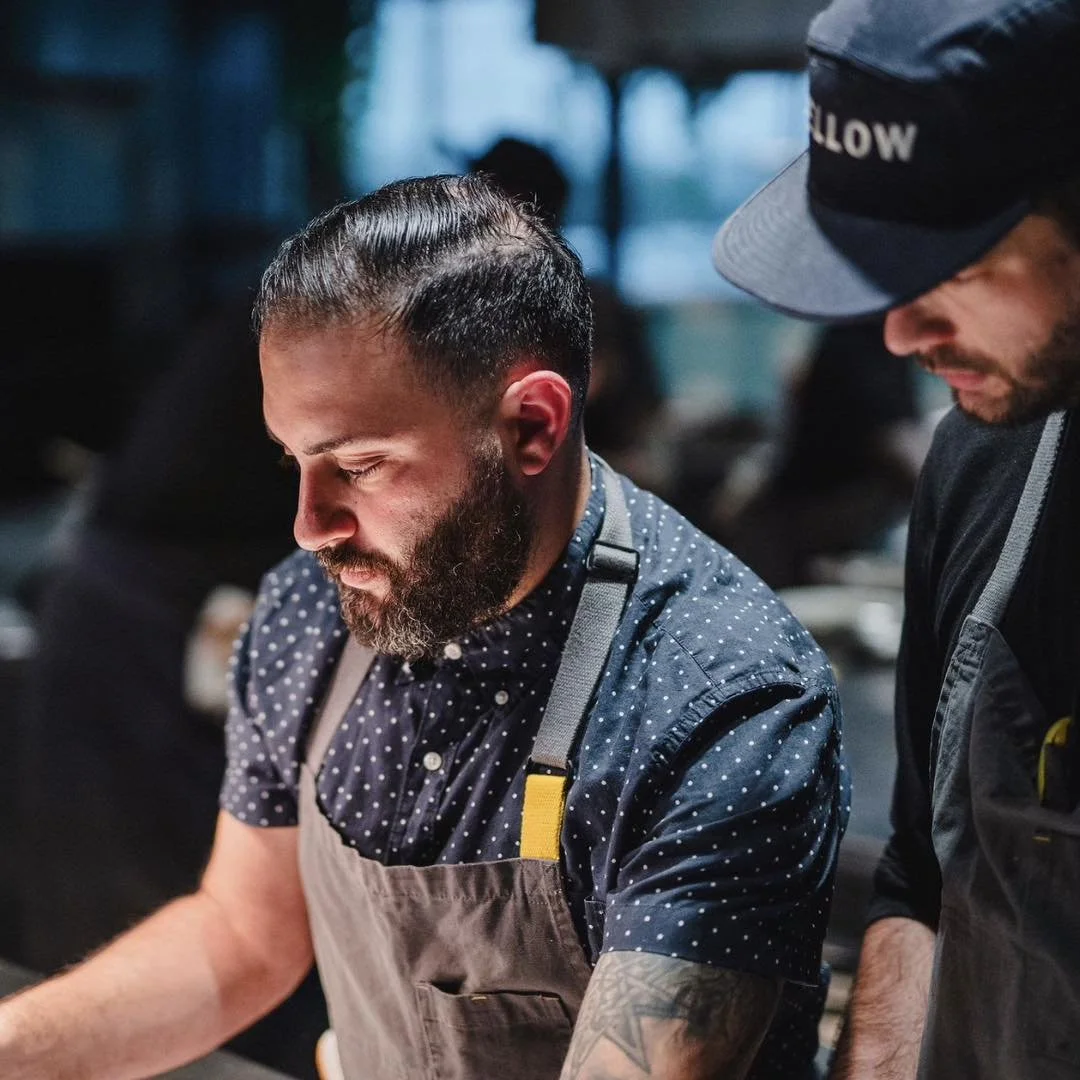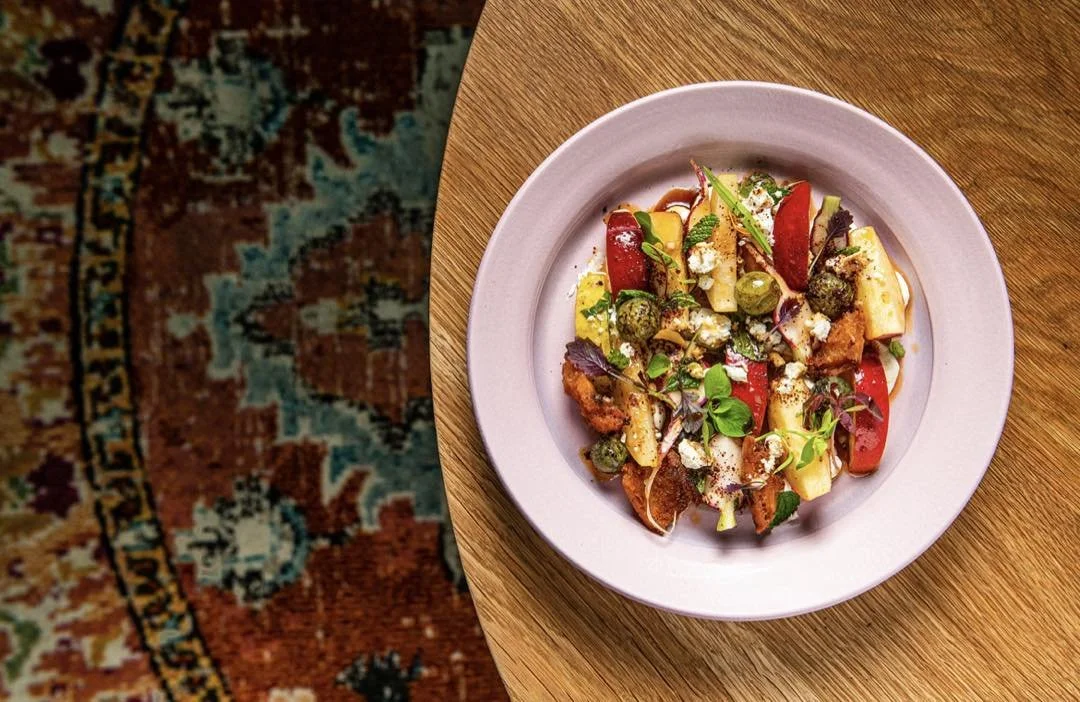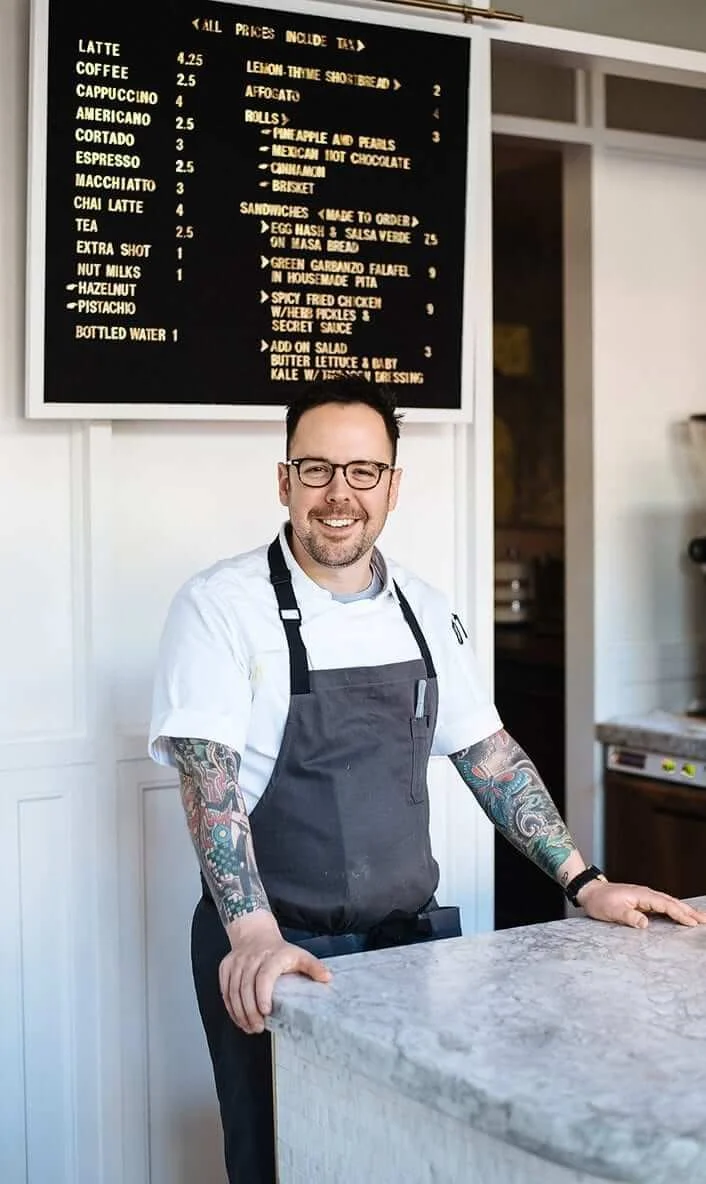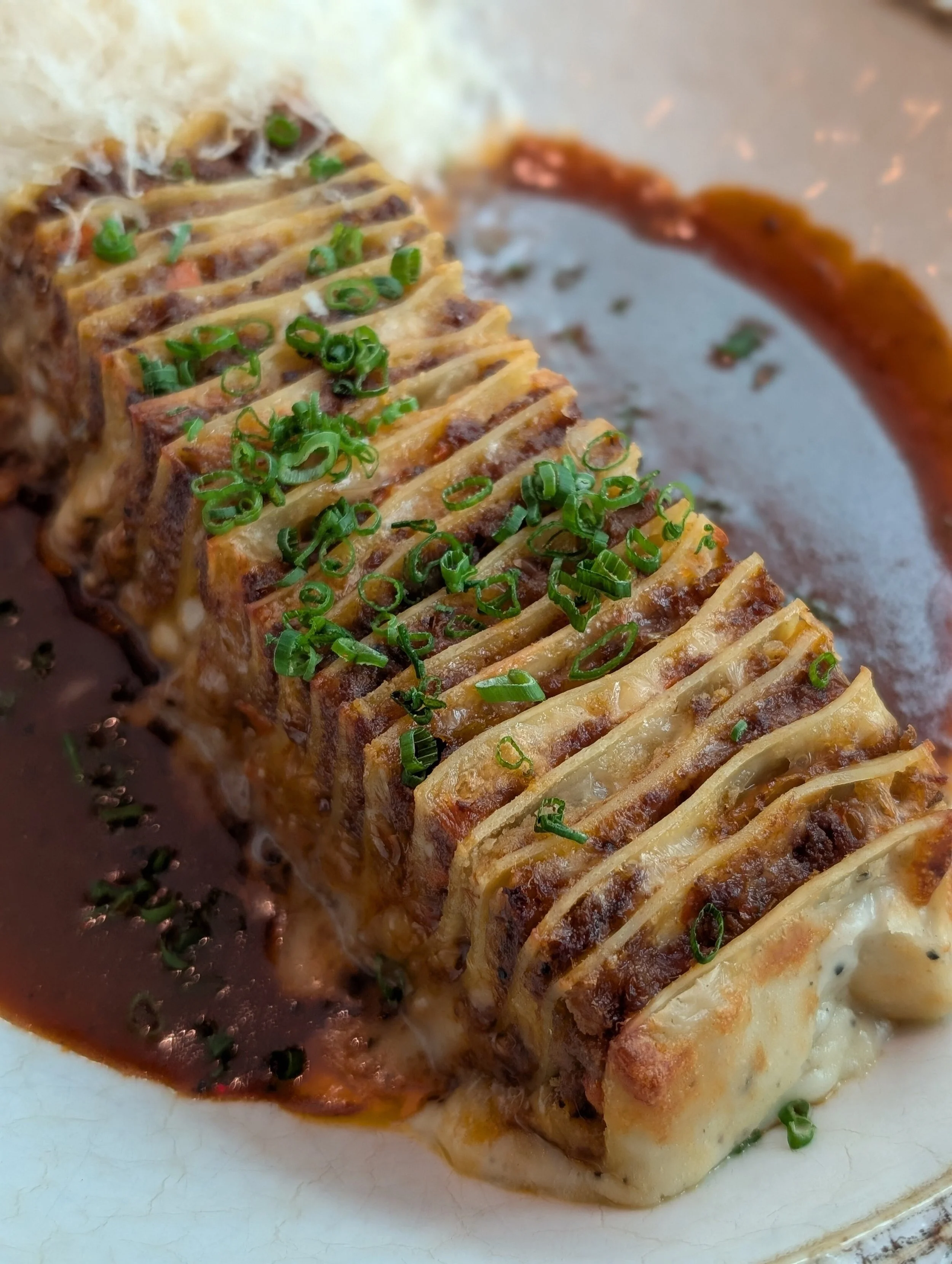WASHINGTON, D.C.
The Most Influential Chefs in D.C. Right Now—And What They’re Cooking Up Next
By Eric Barton | June 4, 2025
AUTHOR BIO: Eric Barton is editor of The Adventurist and has reviewed restaurants for two decades. He splits his time between Miami and Asheville, N.C. Email him here.
Washington is a place where power is often discussed over a $17 cocktail, and where the line between sustenance and symbolism gets a little blurry. The food here isn’t just plated—it’s positioned.
So it’s no surprise that the city’s most influential chefs aren’t just feeding the capital; they’re steering its cultural conversation, one heirloom tomato or charcoal-grilled lamb rib at a time.
These seven chefs aren’t just winning James Beard Awards or snagging Michelin stars. They’re shaping the way D.C. eats, talks, and thinks about food—sometimes without saying a word.
José Andrés
World Central Kitchen | minibar | Zaytinya | Oyamel
No list of D.C. chefs starts anywhere else. José Andrés is what happens when you splice a culinary genius with a humanitarian crisis response team and give him a megaphone.
His dishes at minibar still manage to surprise—even after two decades of molecular antics—but the real show is outside the dining room, where Andrés has turned food into a global force for disaster relief, diplomacy, and occasionally, a little hope. There are plenty of chefs who want to change the world. He actually is.
Amy Brandwein
Centrolina | Piccolina
If José Andrés is D.C.’s culinary diplomat, Amy Brandwein is its consummate star: a seven-time James Beard nominee and a 2025 semi-finalist for Outstanding Chef. Despite all the accolades, she’s not flashy. She’s not trying to reinvent the wheel. But if you’ve eaten her agnolotti—feather-light, stuffed with whatever’s in season, barely touched by sauce—you understand the control she exerts over this city’s pasta game.
Credit: Scott Suchman
Through Centrolina and Piccolina, Brandwein has carved out an empire powered by restraint and precision, two things D.C. could use more of. Her influence also shows up in the kitchens of her protégés, many of them women, now running restaurants of their own.
Masako Morishita
Perry’s
Every couple of years, someone shows up and makes D.C. dining feel exciting again. Right now, that person is Masako Morishita. She took over the long-standing Adams Morgan brunch haunt Perry’s and made it something else entirely—a place where karaage sandwiches sit next to carbonara udon and somehow it works.
Credit: Scott Suchman
She’s not just reimagining Japanese comfort food; she’s rewriting what a neighborhood restaurant can be. Her James Beard Award for Emerging Chef was inevitable.
Tatiana Mora & Miguel Guerra
Mita
Mita serves a plant-based tasting menu rooted in Latin America, which is exactly the kind of thing you’d expect to find on a Brooklyn side street or a Netflix docuseries, not in the Michelin Guide for Washington, D.C. But here in D.C., Tatiana Mora and Miguel Guerra are doing the kind of cooking that doesn’t just cater to trends—it nudges them forward.
Mita feels less like a concept restaurant and more like a manifesto, served in five courses with tamal en mole and fermented pineapple.
Michael Rafidi
Albi
Here’s what you need to know: Michael Rafidi just won Outstanding Chef at the 2024 James Beard Awards, and instead of coasting on that clout, he’s doubled down on wood-fired eggplant and his Palestinian grandmother’s recipes.
Albi isn’t just one of the best meals in the city—it’s a deeply personal meditation on identity, flame, and family, written in toum and lamb shoulder. Rafidi’s influence is quiet but foundational, like good olive oil or the right amount of za’atar.
Aaron Silverman
Rose’s Luxury | Pineapple & Pearls | Little Pearl
Aaron Silverman doesn’t just open restaurants—he builds ecosystems. Rose’s Luxury was the restaurant that taught D.C. to wait in line, and Pineapple & Pearls proved it would pay four figures for a tasting menu if the vibe was right.
His restaurants look casual until you notice that every detail, from the playlist to the pickle brine, has been agonized over. His real influence? Teaching D.C. that fine dining doesn’t need white tablecloths or silent reverence. Just taste.




